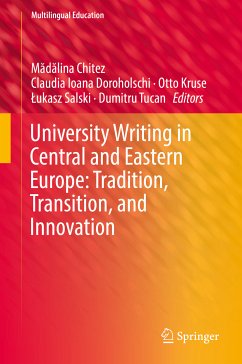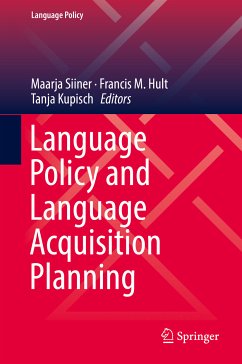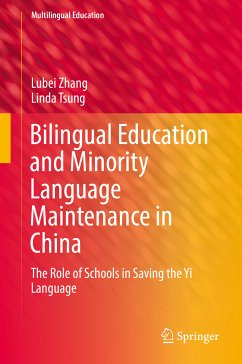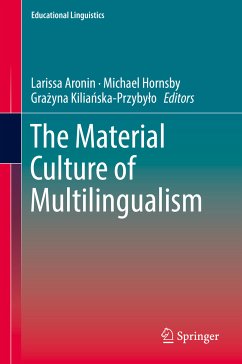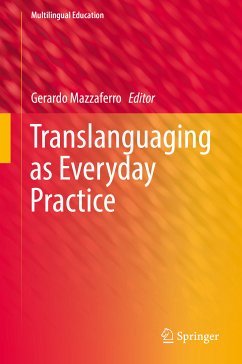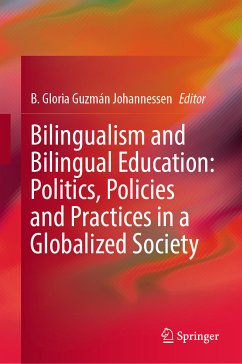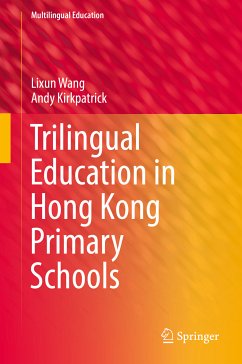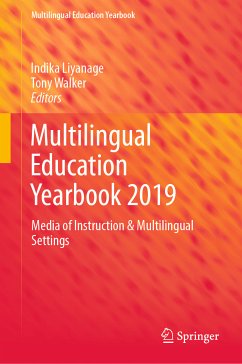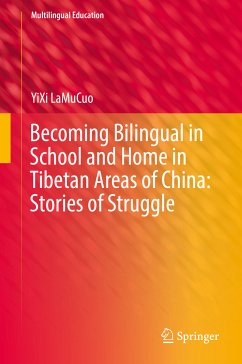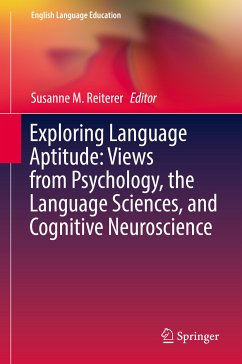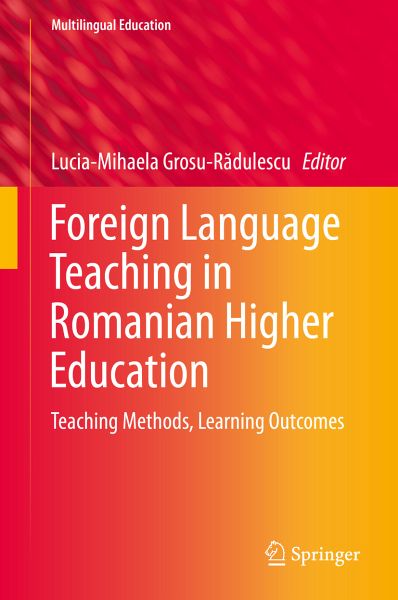
Foreign Language Teaching in Romanian Higher Education (eBook, PDF)
Teaching Methods, Learning Outcomes
Redaktion: Grosu-Radulescu, Lucia-Mihaela
Versandkostenfrei!
Sofort per Download lieferbar
72,95 €
inkl. MwSt.
Weitere Ausgaben:

PAYBACK Punkte
36 °P sammeln!
This volume gathers recent research findings in the field of foreign language (FL) teaching in Romanian higher education dwelling on both methodology and students' learning outcomes. The book satisfies the need for an up-to-date overview of FL teaching in Romanian universities in the European context as well as from a global international perspective. This book confers visibility to Romanian foreign language scholars' research and it opens new paths for debate and collaboration worldwide. The scholars included in this volume have extensive expertise in the field of foreign language teaching an...
This volume gathers recent research findings in the field of foreign language (FL) teaching in Romanian higher education dwelling on both methodology and students' learning outcomes. The book satisfies the need for an up-to-date overview of FL teaching in Romanian universities in the European context as well as from a global international perspective. This book confers visibility to Romanian foreign language scholars' research and it opens new paths for debate and collaboration worldwide. The scholars included in this volume have extensive expertise in the field of foreign language teaching and research in higher education which is supported by their international recognition as specialists in their specific areas.
The contributing authors approach their respective chapters relying on both qualitative and quantitative research. Their experience and conclusions will prove helpful for any foreign language professional working in tertiary education.
The contributing authors approach their respective chapters relying on both qualitative and quantitative research. Their experience and conclusions will prove helpful for any foreign language professional working in tertiary education.
Dieser Download kann aus rechtlichen Gründen nur mit Rechnungsadresse in A, B, BG, CY, CZ, D, DK, EW, E, FIN, F, GR, HR, H, IRL, I, LT, L, LR, M, NL, PL, P, R, S, SLO, SK ausgeliefert werden.



